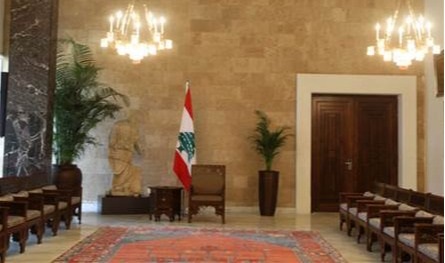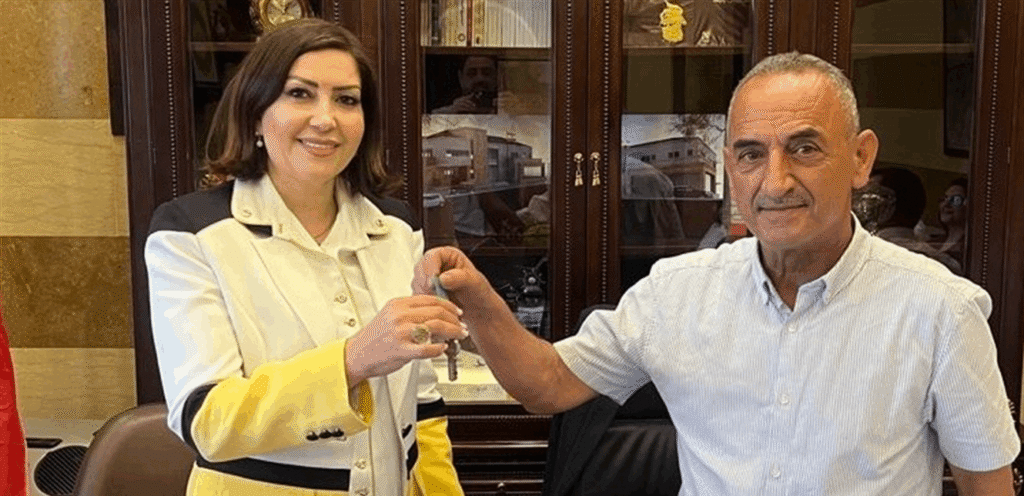How is the President of the Republic chosen… and what are his most prominent powers?
January 9, 2025

How is the president chosen?
If the Council is not convened by the President of the Republic, members of Parliament must meet on the tenth day before the end of the President’s term.
The President of the Republic is elected by secret ballot by a two-thirds majority of the House of Representatives in the first round, and an absolute majority is sufficient in the following voting rounds.
The term of the president’s term is 6 years, and a person may not be re-elected to the position again, except 6 years after the end of his term.
After the election of the President, he takes the constitutional oath before the representatives of Parliament.
Powers
In specific cases, the President can submit a request to the Council of Ministers to dissolve the House of Representatives before the end of its effective term. If the Council of Ministers takes the decision to dissolve, the President of the Republic shall issue a decree to that effect.
The President of the Republic, after informing the Council of Ministers, has the right to request reconsideration of the law once within the time limit specified for its issuance, and he has the right to review the Constitutional Council with regard to monitoring the constitutionality of laws.
The President of the Republic shall issue the law relating to amending the Constitution, and he has the right, during the period specified for issuance, to request the House of Representatives, after informing the Council of Ministers, to re-discuss the draft again.
The President of the Republic shall name the Prime Minister-designate in consultation with the Speaker of the House of Representatives, based on binding parliamentary consultations, the results of which he will officially inform him of, and a decree shall be issued naming him alone.
He is responsible for negotiating and concluding international treaties in agreement with the Prime Minister. They do not become concluded except after the approval of the Council of Ministers, while some treaties cannot be concluded except after the approval of the House of Representatives.
The President has the power to grant special pardons by decree. (free)
(previous_post_link)









